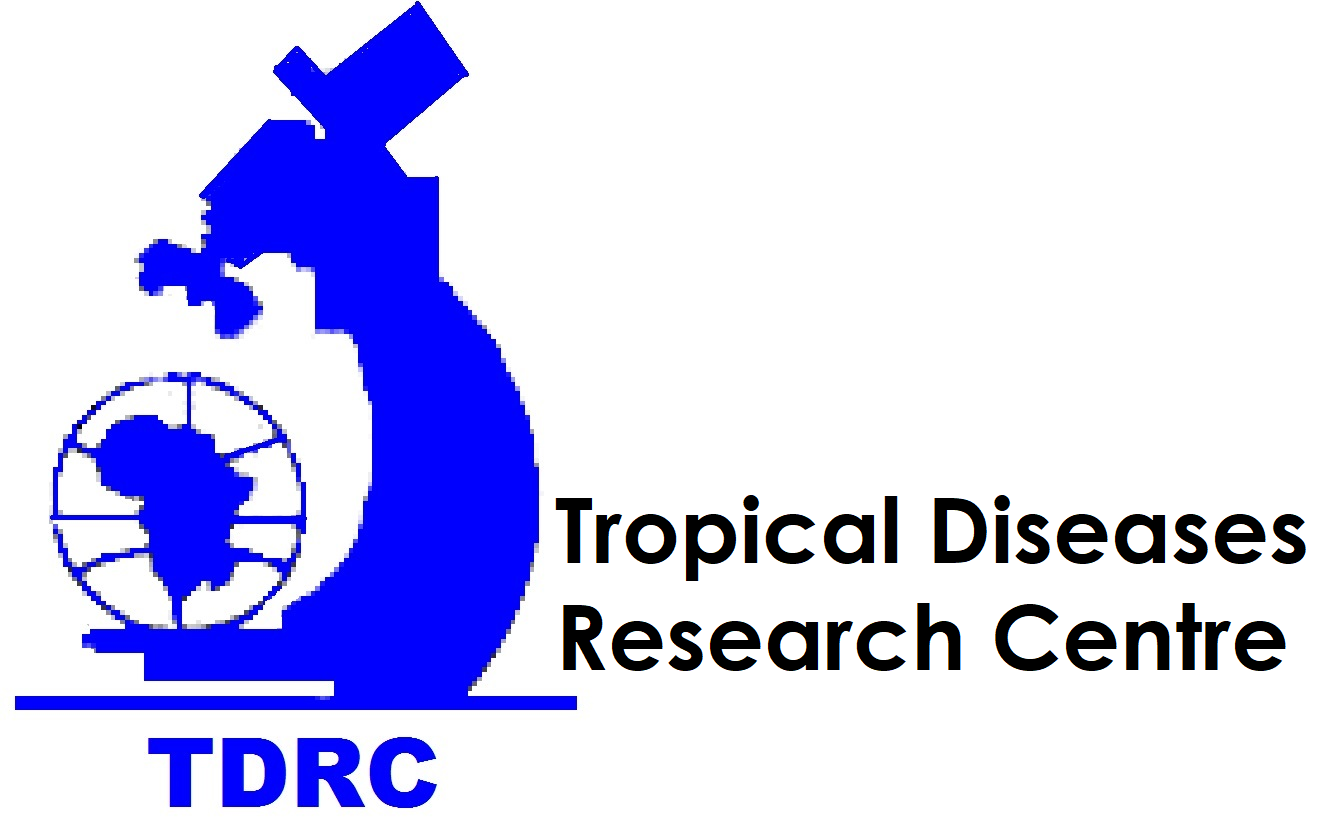A summary of an updated description of the Department including all the Units and their Terms of Reference
The Clinical Sciences department is charged with the responsibility of conducting clinical research and providing quality health care services to the public through its clinical research and clinical services units respectively.
The Clinical Research unit (CRU)
This Unit is responsible for conducting clinical trials and other studies aimed at developing drugs, preventive therapies, diagnostics and other strategies and health interventions to improve the management of diseases in Zambia, the region and the world at large. The Unit has a core mass of scientists and the infrastructure for conducting clinical trials of phases I, II, III and IV. The unit has also an expertise in conducting clinical research on traditional medicines.
Previous research in this area has included diseases such as malaria, HIV/AIDS, tuberculosis, Neglected Tropical Diseases (NTDs); in addition to non-infectious diseases. The TDRC-CRU has evaluated various antimalarial drugs and tools for case detection and has made recommendations for policy change and adoption in the country and the region. Notable among its achievements, was the description of the first proven cases of chloroquine (CQ) resistance in Zambia, the mapping of the drug resistance patterns in the country which provided evidence for change in the national drug policy from the use of CQ to sulfadoxine-pyrimethamine (SP) and later from SP to artemether-lumefantrine (AL) or Coartem® as first line treatment for malaria in Zambia. The work in the TDRC-CRU added supportive evidence to drug policy concerning the use of SP and cotrimoxazole (CTX) for IPTp in pregnant mothers and the registration of dihydroartemisinin+Piperaquin (DP) as an alternative to Coartem in the treatment of uncomplicated malaria. Other works in the unit consisted of studying drug interactions between ARVs and artemisinin-based combination therapies (ACTs) such as AL and DP, and the assessment of the safety and efficacy of Pyramax® (Pyronaridine-Artesunate) in treating asymptomatic carriers of Plasmodium Falciparum mono-infections.
With regard to traditional medicines the unit conducted a phase I clinical trial to assess the safety of traditional compound said to contain antiretroviral activity named SF2000SD formula. Further studies on this compound are yet to be conducted.
The Clinical Services Unit (CSU)
The Clinical Services Unit (CSU) provides diagnostic, therapeutic as well as counseling services to clients and patients through its Outpatients Clinic. The clinic also has a pharmacy that stocks a wide range of drugs and other medical supplies. The clinic offers antenatal services, a radiography service including X-ray and ultrasound, and an endoscopy/colonoscopy service. The Clinic also offers state-of-the-art internationally accredited laboratories for the diagnosis of various conditions. It is NHIMA accredited and has an excellent referral system with Ndola Teaching Hospital, Arthur Davison Children’s Hospital, and other health facilities. The Clinic is manned by a dedicated team of doctors and nurses supported by paramedics and other supportive staff. The medical services are provided in an ambient environment, free from congestion. It has embarked on an ambitious program to expand its infrastructure so as to increase its diagnostic and patient treatment capacity.
